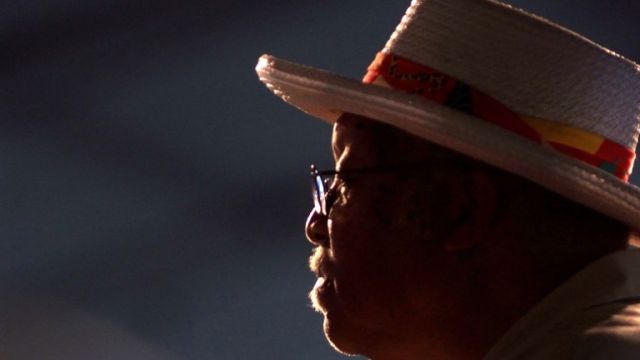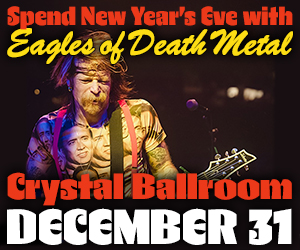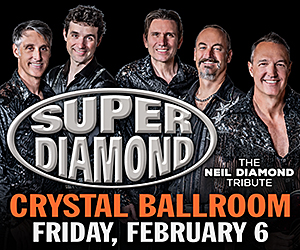Home > News
04/02/2020
Ellis Marsalis dead at 85 from Covid-19 / A remembrance
By BILL ROYSTON // After one particularly strong performance, the agent who was with us slinked over to the last horn player. Ellis stood up, wagged his finger, and warned "You stay away from him! You don't touch him until he graduates!" The agent slithered back to his seat and wasn't heard from again until we got back to the hotel.
It was the longest cab ride that we had ever endured. The meter was approaching $50, and it was dark, raining, and cold, especially for New Orleans. There were six of us crammed into a NOLA taxi crawling past endless rows of shotgun houses. Besides Kate and I, there were Kevin and Elise from Columbia (Jazz) Records, Larry who at the time wrote for JazzIz magazine, and an agent who I was not particularly fond of. We were attending a Jazz Times convention back in the 80's, and after a great dinner we decided to skip the bland convention and venture out to see Ellis Marsalis perform at the University of New Orleans upon the recommendation of Kevin and Elise.
We finally arrived at the Student Union to find a fully stocked bar. After that cab ride, we thought we could use a drink, but a hard liquor bar in the middle of a college campus? Welcome to New Orleans! And there was Ellis, sitting in the center of the room in front of the stage. He had papers and notebooks strewn across the small table, and was writing furiously. He didn't look like he was getting ready for a gig. No one was sitting at the other tables.
After a few moments of pleasantries, Ellis nodded to three to take the stage as a standard rhythm section of piano/bass/drums. "You're not playing?" Kevin asked. " I'm playing from right here, " Ellis retorted as he raised one finger. It was a signal to a group of young men to stand in line on the side of the stage. Each of them carried a horn of some kind, and each wore a suit jacket with the top two buttons fastened tight.
"This isn't a gig. It's a final exam!" whispered Elise. She was dead-on. Over the next 2 + hours, the young men stepped forward one at a time and blew their brains out. Ellis was writing furiously. This wasn't a concert; it was a laboratory.
After one particularly strong performance, the agent who was with us sneaked over to the last horn player. Ellis stood up, wagged his finger, and warned "You stay away from him! You don't touch him until he graduates!" The agent slithered back to his seat and wasn't heard from again until we got back to the hotel.
Near the end of the night, it was obvious that the octogenarian rhythm section was fading fast. Again with the waive of a finger, Ellis replaced the piano and bass positions with two of the horn players. Ellis then turned to an even younger man sitting in the shadows who came up to play the drums. "That's my youngest son, Jason. (sounding resigned) He has perfect pitch, but plays the drums," said Ellis, shaking his head.
" I can't wait to write about this! " exclaimed Larry. "I can't wait to record this!" exclaimed Kevin. "You can all leave now," Ellis growled. " No stories, no records. This is about the kids! "
In all, about 25-30 young musicians took the stage that night. It was overwhelming. I looked at Kate and we were ready to leave, but Ellis turned to me and spoke in a tone that I hadn't heard all evening. "So you produce jazz concerts and festivals... I'm developing the next generation of jazz musicians, what are you doing to develop the next generation of jazz audiences?"
The world stopped. Ellis' question affected the next 25 years of my professional life. With every "Jazz Conversation," " Jazz Forum, " or "Jazz School Assembly" that I ever organized, I thought of Ellis and what he said to me that evening. On the long ride back, I realized that Jazz education was in very competent hands, but that those of us in that cab (record company execs, writers, presenters, and even a slippery agent) were responsible for nourishing the next wave of audiences to support this music.
I felt like I received a PhD in Jazz Audience Development that night. It changed my life. I never got to say this, "Thank you, Ellis!"








